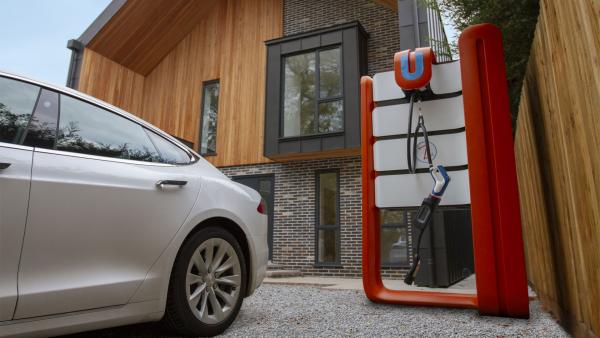The UK government has announced a funding pot of £37 million (US$46m) to transform Britain’s charge-point infrastructure, a year after launching its Road to Zero campaign to increase electric vehicle adoption.
Twelve projects are set to receive a share of the funding pot, to support the creation of charging technologies including wireless, amid plans to ban the sale of new diesel and petrol cars by 2040.
The projects will be a mix of solar electric forecourts, wireless charging and smart, data-driven solutions and one battery storage system by Zapinamo.
Zapinamo (‘zap in a moment’), was formed two years ago by CEO Tim Martin and colleagues and was awarded an Innovate UK grant for a feasibility study, ‘Solving Urban Challenges with Data’. The company will install 35kW semi-rapid charging stations at 150 sites in Exeter, in the southwest of England.
According to charging point website Zap Map, the UK has 8,981 public charging points locations (1,573 of which have rapid-charging connectors), with just over 24,000 connectors.
Launched on 9 July 2018, the Road to Zero strategy has driven a 60% increase in electric vehicle registrations this year compared to the same period in 2018, with 87,000 plug-in cars registered in the UK to date— 27,000 in the first half of this year.
One of the 12 projects will be run by electric charging company ‘Char.gy’, which will use its £2.3m funding to develop wireless charging technology on residential streets in Milton Keynes, the London Borough of Redbridge and Buckinghamshire County.
Another of the projects aims to demonstrate the feasibility of pop-up charging hubs in Dundee and Plymouth for residential on-street charging. The project is being run by Urban Electric, and its partners Urban Foresight, Co-wheels, Duku and AppyParking.












